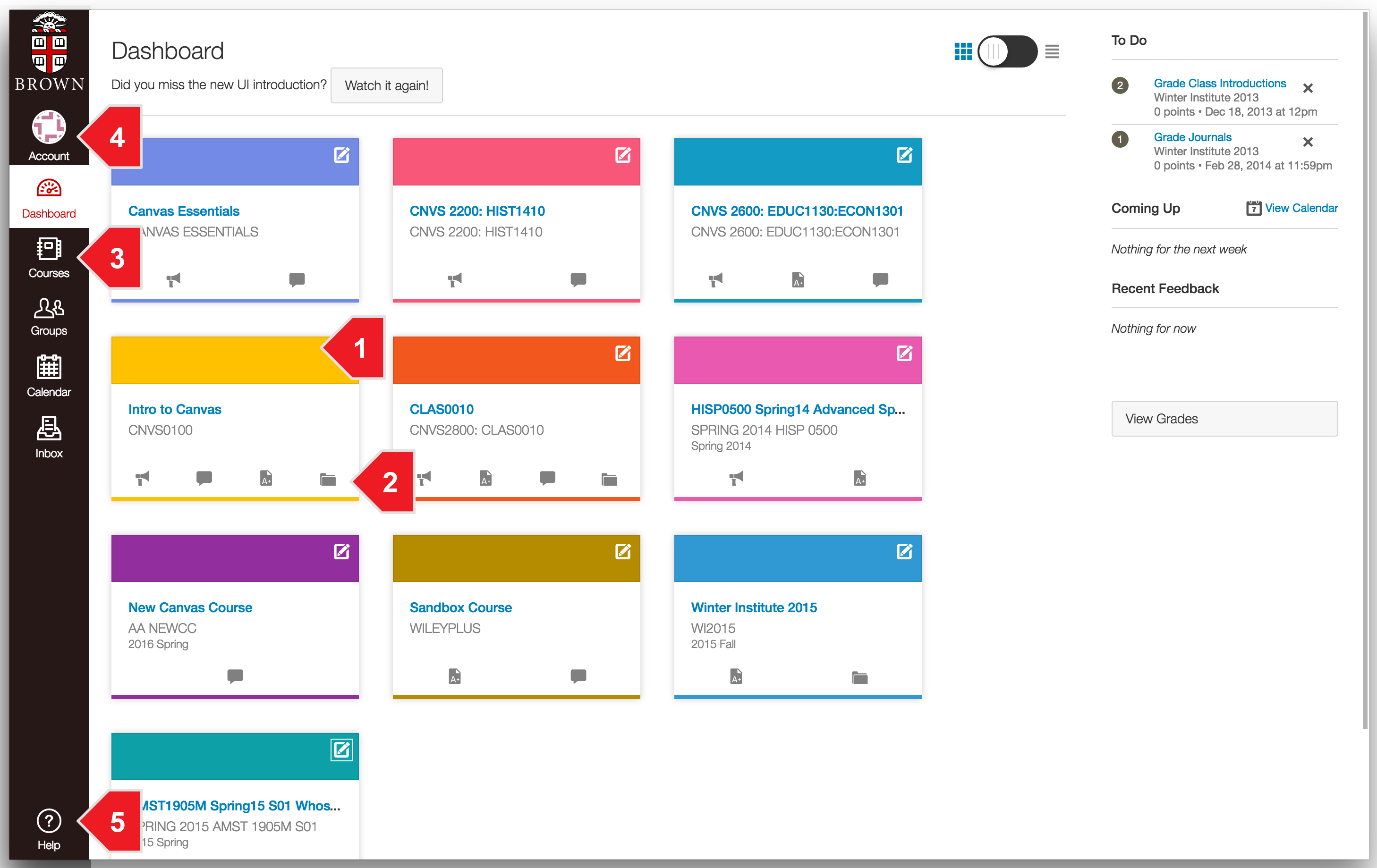Maximize Your LMS In and Out of the Classroom

During a recent Tech & Learning webinar, education and technology leaders discussed the importance of using an LMS as a consistent foundation for teaching and learning—both in and out of the classroom—for all students and a variety of learning experiences.
“I often say that an LMS is the building for our online experiences, just like a gymnasium is the building for athletic experiences. You can have a lot of athletic equipment spread all across your campus, but it’s more effective to have it all in one place,” said Dr. Kecia Ray, education expert and the webinar’s host.
Among the topics covered:
- Building a foundation for digital learning
- Differentiating instruction in and out of the classroom
- Enhancing the digital learning experience for young students
- Engaging with students anytime, anywhere
View the on-demand version here
Key Takeaways
All together now. “We surveyed parents after our pandemic response, and not surprisingly, they told us we had too many systems for our students and families,” said Janie Stach, director of IT at Grapevine-Colleyville ISD in Texas. The district subsequently decided to move to one common LMS for everyone, choosing Canvas Instructure.
“Every decision we made, we made sure there were lots of voices in the room,” said Karsyn Jackson, lead IT coach for Grapevine-Colleyville ISD. “So not only was it district leadership, but also stakeholders, parents, and students, so that we were all aligned. We’re constantly working with our teachers to make sure that we’re meeting them where they are in terms of what they need.”
KISS Your LMS. When considering which LMS to choose, Trenton Goble, Instructure’s VP for K12 Strategy, had some basic advice:
Tools and ideas to transform education. Sign up below.
- Keep it simple
- Build out templates, engaging teachers in the process
- Engage leaders at all levels
Goble also stressed the importance of having a consistent place for students to log into every day to see what they have to, and also a place to find support and receive feedback is critical for student success. And an LMS provides that.
“We want to really create an environment where we're setting people up for success,” he said. The goal for districts implementing an LMS to start with should be to get every teacher comfortable with the platform, and then as that happens, they can evolve up the ladder at their own pace.
Professional development. When the decision was made that online learning is not going away, the Grapevine-Colleyville leadership supported the Canvas LMS adoption fully so teachers were forced to buy in, said Jackson, which boosted participation in subsequent training. “If that is your goal then mandate it because that is a way to get buy-in and go through the right steps and implementation to make sure that you are changing the attitudes and behaviors of your teachers so that they have genuine, authentic buy-in and they enjoy using it.”
“If you’re going to mandate something, you need to make sure that teachers understand why and how it’s going to benefit their students in the classroom,” said Goble.
The district first piloted the platform with teachers who were ready to use it, and then created Canvas Academy, which features district-aligned professional learning courses. The Canvas course creation guidelines, which are rooted in universal design, were the starting point, and that was adopted for the district with different targeted levels of skills to meet teachers where they were.
When a district can come in and create a template and develop best practices, it provides consistency, which is critical for teachers, parents, and students, said Goble. “I could see new teachers coming in and saying, ‘I feel hyper overwhelmed, I don't have the time or the energy to learn this,’ and when a district comes in and creates those templates and that structure, and creates consistency, it takes some of that anxiety away. And then over time, the teacher starts to feel more comfortable, and then they may want to customize some of the functionality.
“We're working continuously with teachers to grow those skills to make sure that we are constantly meeting them where they are when it comes to the needs that they have with Canvas,” said Jackson.
Ray Bendici is the Managing Editor of Tech & Learning and Tech & Learning University. He is an award-winning journalist/editor, with more than 20 years of experience, including a specific focus on education.
